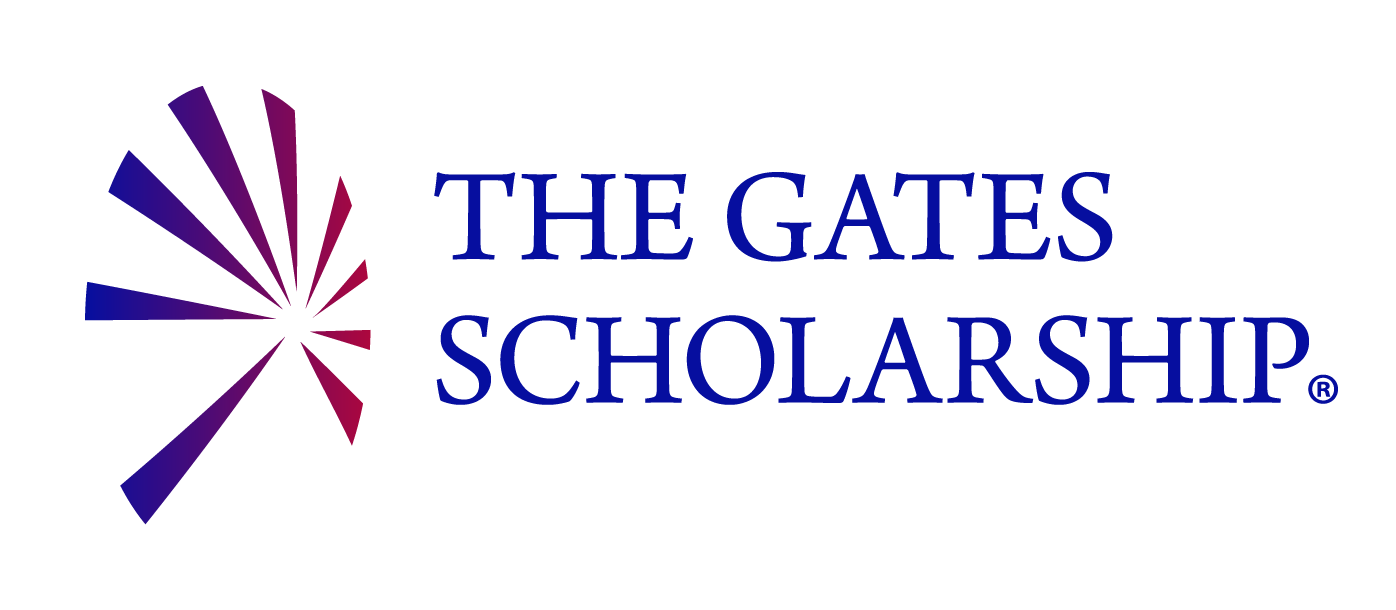The Chalmers IPOET Scholarship is an excellent opportunity for academically outstanding Pakistani students aiming to pursue a Master’s degree in Sweden. Funded by the Swedish Council for Higher Education, this scholarship covers 75% of the tuition fee and is open to all non-EU/EEA applicants, including those from Pakistan. With Sweden gaining popularity as a safe, innovation-driven destination for international education, Pakistani students with strong academic backgrounds in engineering, architecture, or technology are highly encouraged to apply.
Chalmers University of Technology is one of Sweden’s most prestigious institutions, especially renowned in fields like engineering, IT, architecture, and environmental science. The university ranks consistently among the top in global QS and THE rankings, offering world-class infrastructure, industry connections, and cutting-edge research facilities. Students become part of an innovation ecosystem that collaborates closely with major companies like Volvo, Ericsson, and SKF.
The scholarship is merit-based and selection is highly competitive, relying on previous academic excellence, the applicant’s motivation letter, and program alignment. Candidates must first apply for a Master’s program at Chalmers through the Swedish national application portal (universityadmissions.se) and then apply for the IPOET scholarship through Chalmers’ portal. The deadline typically falls in mid-January each year.
While the scholarship doesn’t cover living expenses, students are allowed to work part-time in Sweden and may apply for other small grants. Moreover, completing a degree in Sweden allows students to stay and seek employment for up to one year after graduation. For Pakistani students aiming to build a global career in STEM, the Chalmers IPOET Scholarship presents a highly respected and strategic gateway.
Pros
Covers 75% of tuition fees at a top-ranked Swedish university
Strong focus on engineering, technology, and innovation
Open to all non-EU students, including Pakistanis with academic merit
Cons
Does not cover living expenses (housing, food, transport)
Highly competitive with limited number of awards
Requires a separate application besides university admission

![Hubert H. Humphrey Fellowship Program [YEAR]-[NEXTYEAR] Favicon](https://www.scholarshipsrank.com/storage/media/6022f130-cc15-4294-a8d8-200031798d00.png)
![ACI Foundation Scholarship [YEAR]-[NEXTYEAR] (Fellowships) Favicon](https://www.scholarshipsrank.com/storage/media/df771576-6b33-4ecb-81e6-c8908d60ac61.jpg)
![Horatio Alger Scholarship [YEAR]-[NEXTYEAR] USA Favicon](https://www.scholarshipsrank.com/storage/media/52034b2b-60d9-4021-ba32-dbdca370b3aa.jpg)